
Brain tumour treatment means using medical care to control or remove unusual growths in the brain. The aim is to stop the tumour from spreading, reduce pressure on the brain, and improve quality of life.
What is a brain tumour? It is a mass of cells that grows in or around the brain. It can be:
A common myth is that cell phones or microwaves cause brain tumours, but studies show no proven link, unlike high-dose ionising radiation from certain medical scans.
Doctors plan the treatment of a brain tumour based on the type, size, and position of the tumour as well as the patient’s health. Common methods include:
These options aim to remove or shrink the tumour, relieve symptoms such as headaches or seizures, and help patients live longer with better comfort.

Brain tumour treatment is needed to stop the tumour from growing, prevent it from spreading, and relieve symptoms that affect daily life. Without treatment, a tumour can damage brain function, making it difficult to move, speak, see, or think clearly.
Doctors do not always know the exact cause of brain tumours, but several factors may increase risk:
Early signs are often missed because they resemble other conditions. Common symptoms of brain tumour include:
Doctors usually start by reviewing symptoms such as persistent headaches, seizures, or memory issues. They use a combination of clinical checks and imaging tests to confirm if a brain tumour is present.
Doctors recommend treatment when:
Knowing what to do if there is a tumour in the brain is important. Quick diagnosis through scans like MRI or CT, followed by timely treatment, can improve recovery chances. Myheco can connect you with leading brain tumour specialists.
Many leading hospitals around the world provide specialised care for brain tumour patients. These centres combine advanced neurosurgery facilities, experienced doctors, and international patient support.
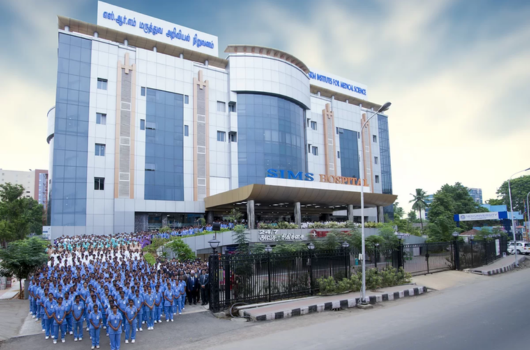
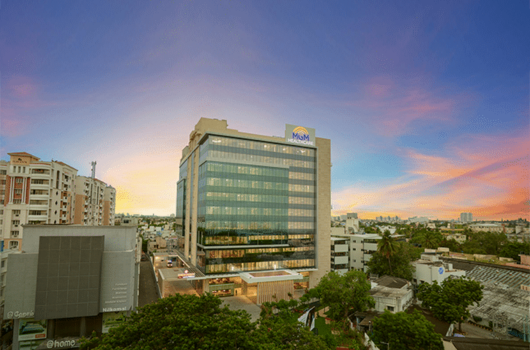
.png)

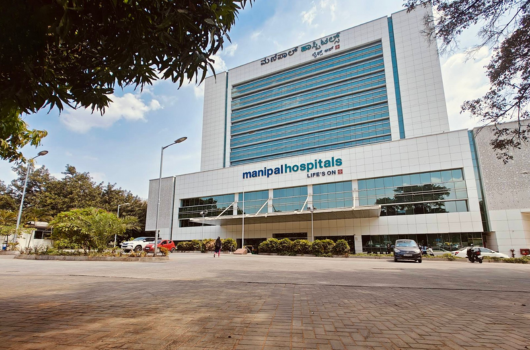
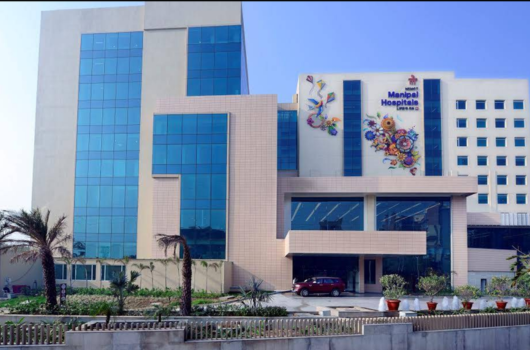
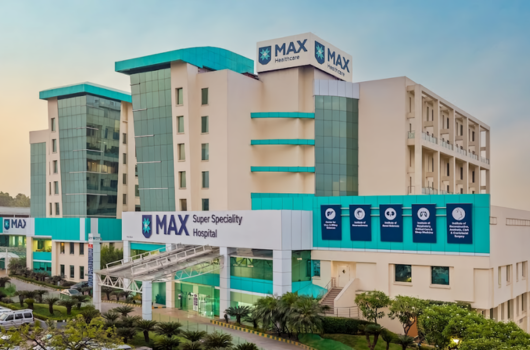
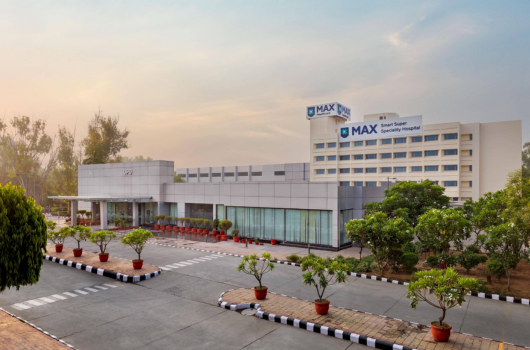
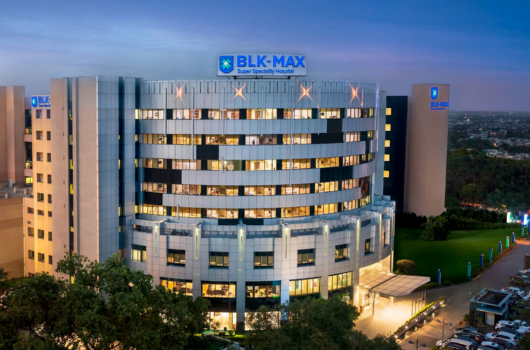
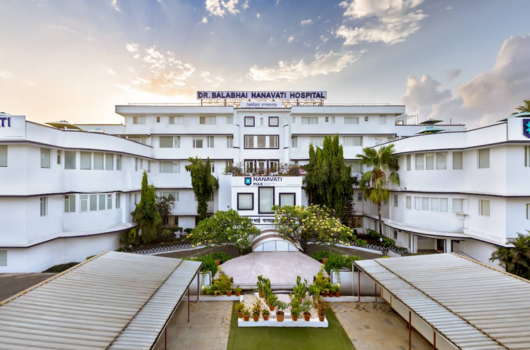
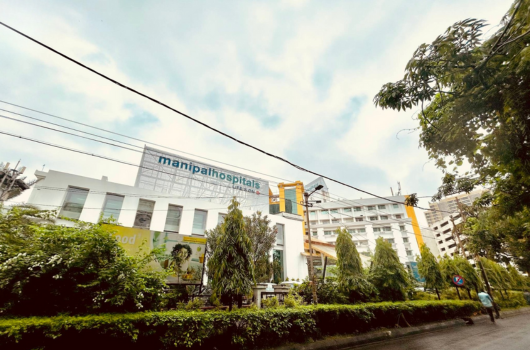
.png)

These hospitals follow global standards in diagnosis, surgery, radiation, and chemotherapy, making them reliable choices for patients seeking treatment for a brain tumour.
The average cost of brain tumour treatment ranges from $3,000 to $6,000 in India and between $4,000 and $7,000 in Thailand. The total expense can vary depending on several factors such as the type of treatment, hospital location, and complexity of the tumour. Before exploring the detailed cost breakdown, it’s helpful to understand the main factors that influence these costs.
Note: India is known for offering cost-effective, advanced neurosurgical and oncology care. With experienced neurosurgeons, modern infrastructure, and affordable access to high-quality generic medicines, treatment outcomes are globally competitive while remaining economical.
Note: Thailand has positioned itself as a premium destination for brain tumour treatment. Its hospitals combine advanced medical technology with internationally trained specialists, offering patients world-class care in a comfortable and supportive environment.
Note: The above figures are approximate and can vary based on the hospital, location, and individual patient requirements. Always consult the healthcare provider for the most accurate and up-to-date pricing.
The currency conversion rates in the table above are based on data from February 2026.
For a detailed cost estimate and guidance on treatment options, patients can reach out to myheco to connect with leading hospitals specialising in brain tumour care.
The success of brain tumour treatment depends on the type of tumour, its size, location, and stage of detection.
Success is not always defined as a cure. It may include:
Specialised hospitals adopt a multidisciplinary model for brain tumour care, involving neurosurgeons, oncologists, radiologists, and rehabilitation specialists. Their strategies include:

Dr. Amitava Ray, Senior Neurosurgeon at Apollo Hospitals Hyderabad, explains that for many patients, the idea of undergoing brain surgery, where a surgeon opens the skull to remove a tumour, feels frightening. However, he stresses that neurosurgeons perform such operations regularly and have extensive experience managing them. According to him, in cases of benign tumours, the likelihood of major complications is very low, under 2%. In practical terms, this means that if 100 people undergo surgery, about 98 recover well without significant issues.
For many patients, travelling abroad for brain tumour treatment is a major step toward recovery and hope. Myheco simplifies this process by connecting patients with expert specialists, arranging essential travel support, and providing clear guidance from the first consultation to post-treatment care.
Choosing myheco means expert care, faster access, and comprehensive support throughout your treatment journey.
Note: Myheco does not provide medical advice.

A 6-year-old Bangladeshi girl diagnosed with a rare brain tumour received proton beam therapy at Apollo Proton Cancer Centre, Chennai. The therapy reduced her symptoms and brought promising results. Her family appreciated the medical care and advanced technology that supported her recovery.
A 52-year-old patient from Bangladesh with a complex brain tumour underwent successful microsurgery at Apollo Hospitals, Chennai. Led by Dr. Ari G. Chacko, the team applied advanced surgical methods to remove the tumour while safeguarding key brain functions. The patient made a full recovery.
✅ Share your medical reports
✅ Receive personalised treatment plans from leading hospitals
✅ Choose the option that suits you best
✅ Let us handle the arrangements


A brain tumour is an abnormal growth of cells inside the brain or nearby structures. It can be benign (non-cancerous) or malignant (cancerous). Early diagnosis helps improve treatment outcomes. Always consult a qualified doctor for accurate diagnosis and treatment.
Common signs include persistent headaches, vision changes, seizures, nausea, and problems with balance or memory. If these symptoms continue, consult a neurospecialist. Symptoms vary among individuals. Consult a neurospecialist if you experience any persistent or concerning signs.
Doctors use imaging tests such as MRI scans, CT scans, and PET scans. A biopsy may also be required to confirm the tumour type. Diagnostic procedures depend on the patient’s condition and should be determined by a qualified doctor.
If a brain tumour is diagnosed, patients should seek care at a specialised hospital. Treatment may involve surgery, radiation therapy, chemotherapy, or targeted therapy, depending on the case. Treatment plans vary based on the type and stage of the tumour. Please consult your treating doctor for personalised recommendations.
Recovery may include rehabilitation therapies such as physiotherapy, speech therapy, and cognitive exercises. Regular follow-ups and a healthy lifestyle help patients regain independence. Recovery plans differ for each patient. Always follow your doctor’s advice for post-treatment care.
Yes. Most hospitals allow one or two accompanying relatives. They can apply for a medical attendant visa.
India has several leading hospitals that specialise in brain tumour treatment. In Chennai, top centres include SIMS Hospital, MGM Healthcare, Apollo Cancer Institute, and the Apollo Proton Cancer Centre. Bangalore’s Manipal Hospital Main Hospital Oncology is recognised for advanced neurosurgery and oncology care. In Delhi, Manipal Hospital Dwarka, Max Hospital Saket, and BLK-Max Hospital provide minimally invasive surgery, radiosurgery, and rehabilitation. Mumbai’s Nanavati Max Hospital and Kolkata’s Manipal Hospitals EM Bypass (Medica Synergie Cancer Hospital) are also trusted for comprehensive brain tumour treatment.
Samitivej Hospital is a leading choice for brain tumour treatment in Thailand. It offers advanced diagnostic imaging, minimally invasive neurosurgery, precision radiation therapy, and dedicated international patient support.

